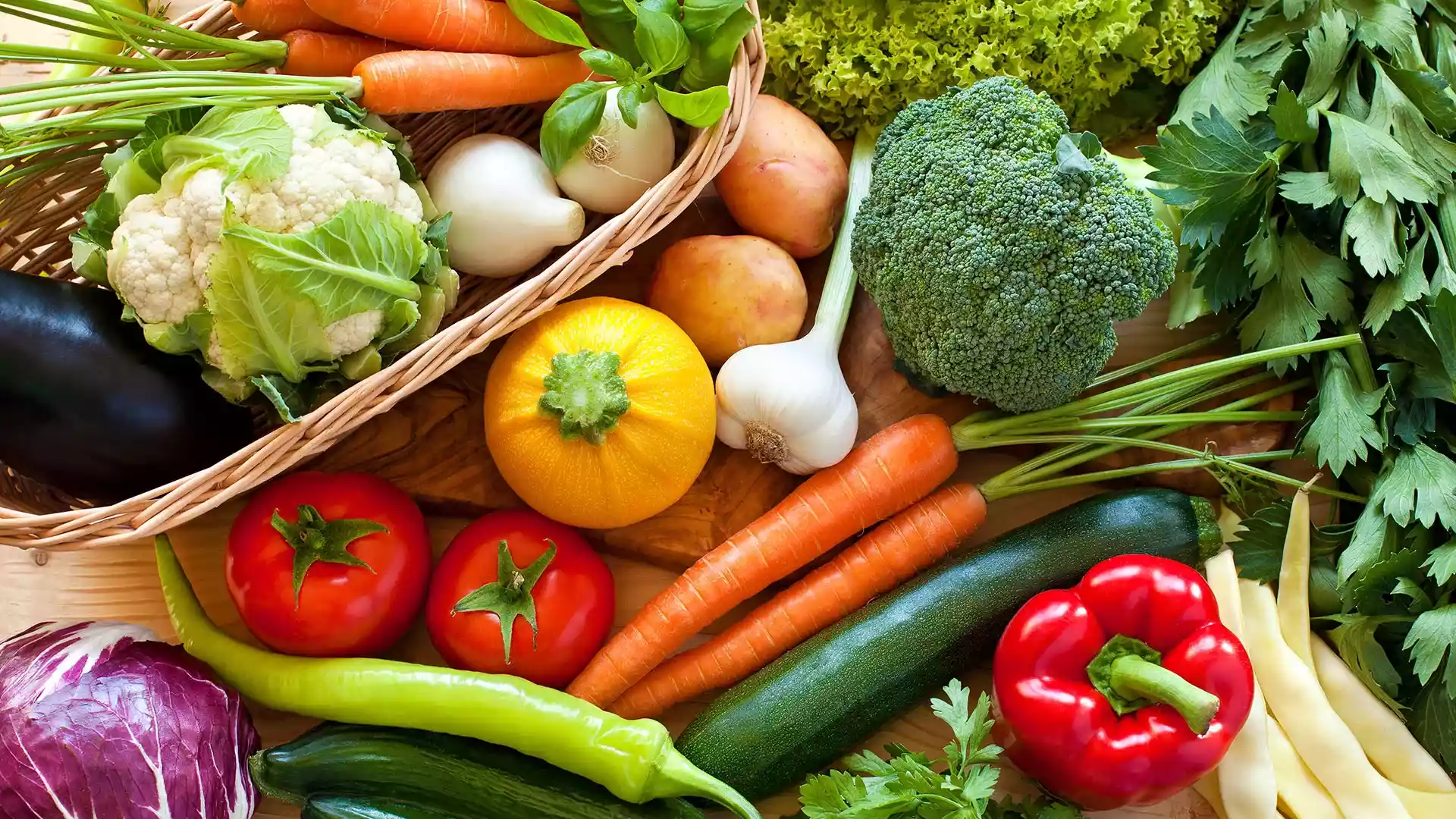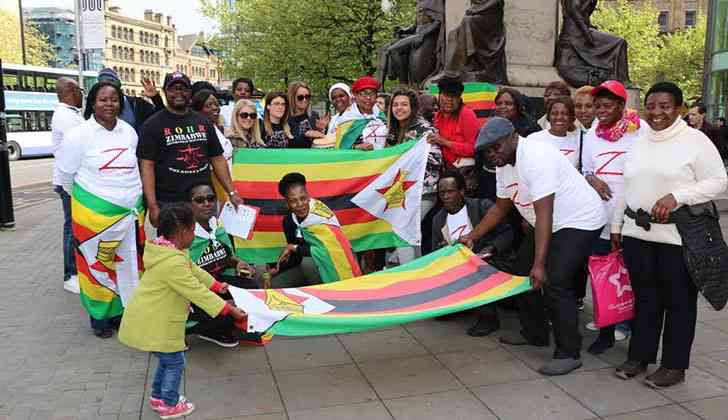
AMONG major reasons why researchers continue to use several data collection methods is because some generic methodologies can be too broad in targeting sources of information.
For instance, random sampling that is used by official institutions such as statistical agencies and development organisations sometimes misses people with more knowledge to accurately inform outcomes of a survey or research activity.
One of the most underrated methods for gathering and preserving local knowledge is a simple facilitated dialogue.
When dialogue contextualises a topic which communities have always wished they had, local people see the need for their knowledge to be documented.
Why is the communal food basket becoming too thin?
It is through documentation and discussion that people realise they are losing their historical and current food systems.
A community dialogue can reveal to local people that out of more than 50 commodities, less than 10 now comprise a household’s food basket.
Such a conversation can also show how exotic vegetables like cabbages are pushing out indigenous vegetables that are considered more nutritious.
- Mechanising value chain nodes could make a difference in African food systems
- Poor co-ordination makes it difficult to see where African food systems are going
- Narrow extension models unsuitable for holistic food systems
- Questions that can promote healthy African food through colleges and schools
Keep Reading
In one of the dialogue sessions conducted by eMKambo in Masvingo province, communities became aware that their food basket was increasingly becoming too narrow instead of broadening.
The communities realised they are losing their food diversity and some of the reasons mentioned include the fact that the young generation and old generation have experienced urban lives, where they spent more than 20 years living in cities and consuming food from elsewhere.
This has created gaps in the promotion of African food systems.
Another key issue raised was failure to commercialise indigenous food systems by local entrepreneurs and policymakers.
Elders above 65 years old who participated in the dialogue lamented that colonialists succeeded in commercialising maize by creating a ready market like the Grain Marketing Board.
After Zimbabwe’s land reform programme at the turn of the millennium, everyone embraced maize production because there was a ready market and easy access to relevant inputs.
More than 10 maize hybrid varieties have been promoted at the expense of indigenous small grains, including indigenous rice.
While capacity to package indigenous seed knowledge is being lost, exotic seed systems are being promoted using persuasive advertising.
Suppliers are competing using unethical advertising against farmers whose indigenous knowledge is not finding its way into formal education systems.
Role of women in protecting indigenous food systems remains critical
What continues to emerge in most rural community dialogues is that post-harvest and value-addition is done by women, which means women play a critical role in preserving knowledge.
Before modernisation and urbanisation severely infiltrated African communities, women’s pride in building and owning a rural home was part of social cohesion and resilience.
However, absence of young women who should be receiving knowledge from their mothers-in-law and grandmothers implies that elders have no one to pass their knowledge to.
Marriage was another avenue through which food baskets were broadened and strengthened in the past.
For instance, the fact that daughters-in-law brought seed and related knowledge from their home areas implied that the more daughters-in-law came from different communities, the more diverse seed came into the family which those daughters join.
A family that had seven daughters-in-law had more than the same number of food systems.
Using mass markets to revive lost indigenous knowledge
While communities in Masvingo acknowledged that some of their food systems were being lost, they noted that developing markets for indigenous food systems could be a big way of bringing back lost knowledge.
That can be done through developing livelihoods around indigenous food systems so that in addition to providing a market, knowledge on how to trade indigenous food is also cultivated.
The communities also mentioned how indigenous food is being replaced by external food through middlemen from cities who bring rice, sugar and cooking oil for barter trade with small grains, groundnuts and indigenous chicken.
Due to absence of reliable markets for indigenous food, communities continue to struggle to grow maize when indigenous food is much easier to grow.
Once a market is created, the young generation will begin to see the benefits associated with indigenous food.
Disorganised markets imply that whoever comes to buy becomes a price setter.
Buyers that come through institutions like non-governmental organisations (NGOs) also create problems as some development agencies bring buyers who do not pay on time.
How can we retain and package our knowledge?
This is an enduring question for several African communities. Rather than building on what communities already know, formal extension officers are bringing confusing external knowledge.
For instance, some NGOs have promoted a sorghum variety called macia, but there is no knowledge on its advantages against local indigenous varieties.
The communities are convinced what is coming from outside may attract more birds than local varieties.
When local knowledge is not documented, recommendations by extension officers and NGOs end up out-weighing household and community decisions.
While government input schemes are not entirely bad, some of the programmes come late when farmers have abandoned their own food system by setting aside the best portion of land for inputs that arrive late when farmers could have planted their local food on the best land.
That is how dependence on outside decisions is disrupting household and community decision-making.
Usable local knowledge is abundant, but there are no pathways for up-scaling and commercialisation.
For instance, due to limited capacity to harness water that is flowing perennially, most communities end up waiting for rainfall.
Instead of being pulled into monocrops like wheat and sugarcane, some communities wonder why they are not being capacitated to irrigate small grains, Bambara nuts, groundnuts, pumpkins, sweet reeds, indigenous fruits and other indigenous commodities so that these commodities become available throughout the year.
Need to address conflicts brought by partisan politics, religion
Most communities noted the importance of neutralising the influence of partisan politics and religion that are both undermining indigenous knowledge and food systems.
For instance, during election campaigns, politicians bring food handouts and this influences the consumption patterns of communities.
In the past, during Independence Day celebrations, communities used to prepare indigenous food, including traditional beer, but over the years, food and external beer have started flowing into communities from cities, undermining local food systems.
On the other hand, religion is bringing unwritten conflicts into food systems and disrupting social cohesion.
For instance, in households where members no longer share the same religious beliefs, with some having joined the apostolic sects, those who continue to grow small grains are demonised and stigmatised by those who have been converted to Christianity.
Consequently, the production of small grains is going down in some communities.
The production of ducks and pigs is being affected in similar manner.
Cultural functions like rainmaking ceremonies (mukwerera) which were part of African identity are under threat.
The lineage of chiefdoms is being disrupted such as in cases where a family member who is supposed to be the next chief is converted to Christianity.
Towards indigenous knowledge centres
Through dialogues, rural communities are waking up to how their food systems are being lost very fast as well as the need for local knowledge to be captured in a fluid manner by setting up community knowledge centres.
Documentation enables a community to be identified with its food systems.
Instead of embracing maize, communities in which small grains thrive naturally should be proud of their local food systems.
With enough awareness and capacity building, such communities can document their own knowledge.
In addition to preserving local knowledge, documentation can be a transformative process that revives indigenous food systems.
That means communities have to be supported in restoring their identity through food systems, irrespective of religious persuasion.
It is through a culture of dialogue and documentation that elders can expose the young generation to indigenous food.
Young people cannot be blamed for not consuming what they do not know. When markets start demanding more indigenous foods, production should respond.
- Charles Dhewa is a proactive knowledge broker and management specialist










